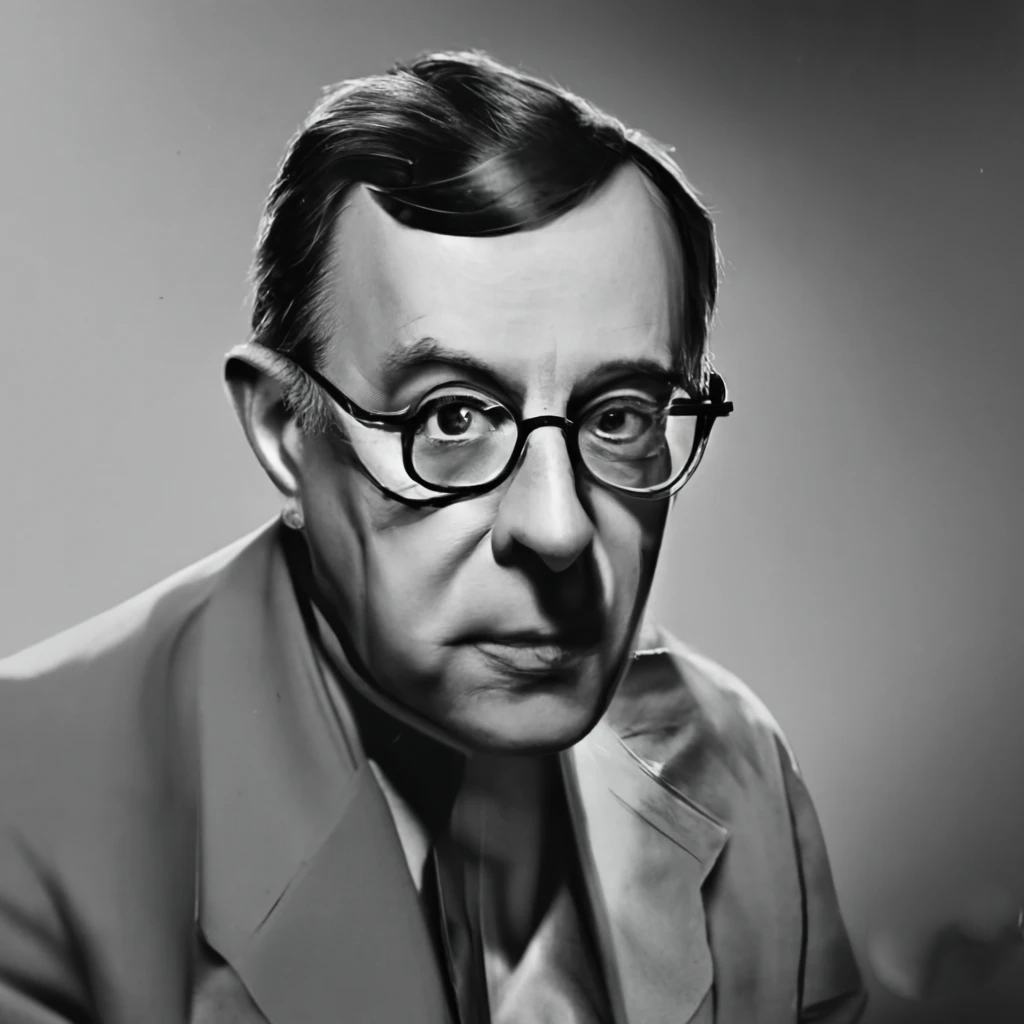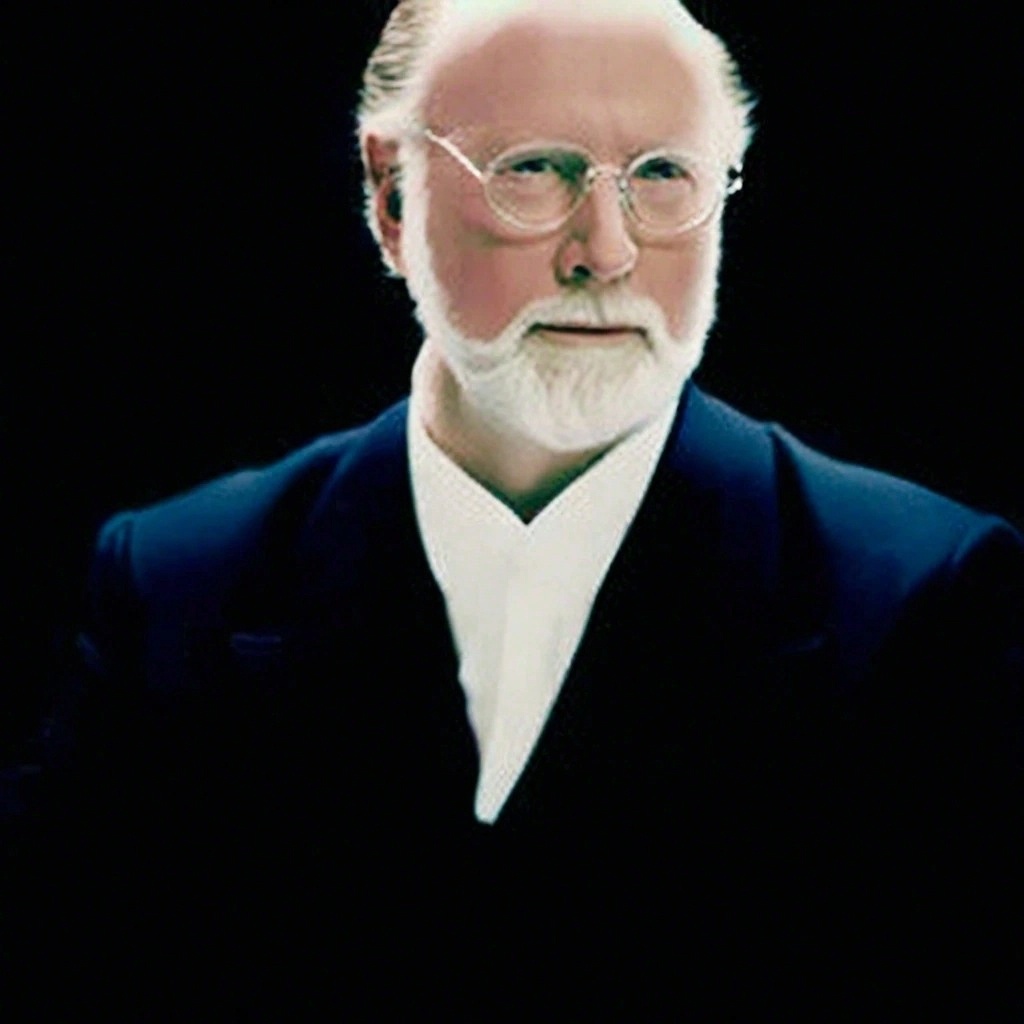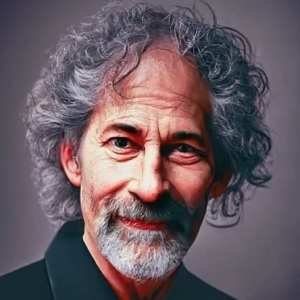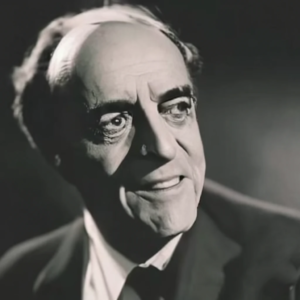Introduction
Franz Waxman, a name synonymous with innovation and brilliance in the realm of film composition, has left an indelible mark on the history of music. His unparalleled contributions to the world of cinema have not only shaped the way we perceive film scores but have also redefined the role of music in storytelling. In this comprehensive exploration, we delve into the life, works, and legacy of this visionary composer, shedding light on his remarkable journey and enduring influence.
Background and Early Lif
Franz Waxman was born on December 24, 1906, in Konigshütte, Germany (now Chorzów, Poland). Raised in a musically inclined family, Waxman’s passion for music was nurtured from a young age. His father, a noted amateur cellist, and his mother, a piano teacher, provided a supportive environment for his artistic development. Waxman’s early exposure to classical music, coupled with his innate talent, laid the foundation for his future success.
At the age of six, Waxman began piano lessons under the guidance of his mother, quickly demonstrating prodigious musical abilities. He later studied composition at the Dresden Conservatory, where he honed his craft under the tutelage of renowned composers such as Paul Hindemith and Arnold Schoenberg. Waxman’s formative years were marked by a relentless pursuit of excellence, fueled by his unwavering dedication to music and a thirst for innovation.
Musical Style and Genre
Waxman’s musical style is characterized by its versatility and depth, encompassing a wide range of genres and influences. Drawing inspiration from classical, jazz, and folk music traditions, he crafted compositions that defied categorization and captivated audiences worldwide. His keen sense of melody, coupled with his mastery of orchestration, imbued his scores with a distinctive richness and emotional resonance.
One of Waxman’s signature traits was his ability to seamlessly blend different musical elements to create cohesive and evocative soundscapes. Whether scoring a sweeping epic or an intimate drama, he approached each project with a keen understanding of its thematic nuances and narrative intricacies. His innovative use of leitmotif and thematic development added layers of complexity to his compositions, elevating them to cinematic masterpieces.
Throughout his career, Waxman demonstrated a willingness to push the boundaries of traditional film scoring, experimenting with unconventional techniques and instrumentation to achieve desired effects. His bold approach to composition, characterized by its dynamism and originality, set him apart as a trailblazer in the field of film music.
Career Highlights
Waxman’s illustrious career spanned over four decades, during which he composed scores for more than 150 films and earned numerous accolades and honors. He made his mark in Hollywood in the 1930s, collaborating with legendary directors such as Alfred Hitchcock, Billy Wilder, and George Cukor. His breakthrough came with the score for James Whale’s “The Bride of Frankenstein” (1935), which showcased his ability to evoke both terror and pathos through music.
In the years that followed, Waxman continued to solidify his reputation as one of Hollywood’s preeminent composers, earning Academy Award nominations for his scores for films such as “Rebecca” (1940), “Sunset Boulevard” (1950), and “A Place in the Sun” (1951). He claimed his first Oscar win for “Sunset Boulevard,” cementing his status as a musical virtuoso of unparalleled talent.
Waxman’s prolific output extended beyond the realm of film, encompassing symphonic works, concertos, and chamber music. He enjoyed success as a conductor and arranger, leading orchestras around the world in performances of his own compositions and those of other esteemed composers.
Impact and Influence
Waxman’s influence on the world of music extends far beyond his contributions to film. His innovative approach to composition, coupled with his pioneering spirit, has inspired generations of composers and musicians. His emphasis on thematic development and emotional storytelling revolutionized the art of film scoring, laying the groundwork for future generations to build upon.
In addition to his technical prowess, Waxman was known for his humanitarian efforts and advocacy for social change. He used his platform as a renowned composer to address pressing social issues, speaking out against injustice and inequality through his music. His commitment to using music as a vehicle for social change remains a testament to his enduring legacy as an artist and activist.
Personal Life and Public Image
Despite his towering stature in the world of music, Waxman remained humble and grounded throughout his life. He was known for his generosity and kindness, always willing to lend a helping hand to aspiring musicians and colleagues in need. His warm demeanor and infectious passion for music endeared him to all who knew him, earning him the admiration and respect of his peers.
In his personal life, Waxman found solace in nature and the arts, drawing inspiration from his surroundings and experiences. He cherished moments spent with loved ones and valued the simple pleasures of life, finding joy in music, literature, and the beauty of the world around him.
Discography and Body of Work
Waxman’s discography boasts a wealth of timeless classics, each showcasing his unparalleled talent and artistry. From the haunting melodies of “Bride of Frankenstein” to the sweeping grandeur of “Sunset Boulevard,” his compositions continue to resonate with audiences decades after their initial release. His body of work spans multiple genres and styles, reflecting his eclectic tastes and creative vision.
Throughout his career, Waxman demonstrated a remarkable ability to adapt his musical style to suit the needs of each project, ensuring that his compositions remained fresh and relevant in an ever-changing landscape. Whether scoring a romantic drama or a pulse-pounding thriller, he approached each assignment with the same level of dedication and passion, resulting in scores that are as diverse as they are enduring.
Legacy and Cultural Impac
Waxman’s legacy looms large in the annals of music history, his contributions to the world of film scoring serving as a touchstone for future generations of composers and musicians. His pioneering spirit and innovative approach to composition continue to inspire artists across all disciplines, reminding us of the transformative power of music.
From his groundbreaking work in Hollywood to his advocacy for social change, Waxman’s impact on the world of music and culture is immeasurable. His commitment to artistic excellence and his unwavering dedication to his craft serve as a beacon of inspiration for aspiring musicians and lovers of music alike.
Fanbase and Community
Waxman’s fanbase spans the globe, encompassing music lovers of all ages and backgrounds. His timeless compositions have garnered a devoted following, with fans expressing their admiration through social media, fan forums, and fan clubs. Waxman’s music continues to resonate with audiences worldwide, transcending barriers of time and space to touch the hearts and souls of listeners everywhere.
[vc_custom_heading font_container="tag:h2|font_size:18|text_align:left" use_theme_fonts="yes"]
In conclusion, Franz Waxman’s life and work stand as a testament to the enduring power of music to transcend boundaries and leave a lasting impact on the world. From his humble beginnings in Germany to his ascent to Hollywood stardom, Waxman’s journey is a testament to the transformative power of passion, perseverance, and creativity.
Through his innovative approach to composition, Waxman reshaped the landscape of film scoring, elevating it from a mere accompaniment to an integral component of storytelling. His ability to evoke emotion and atmosphere through music revolutionized the way filmmakers approached soundtracks, setting a standard of excellence that continues to inspire composers to this day.
Beyond his musical achievements, Waxman’s commitment to social justice and humanitarian causes serves as a reminder of the profound influence artists can have on society. His advocacy for social change, coupled with his generosity and compassion, left an indelible mark on all who knew him, embodying the true spirit of artistry and empathy.
As we reflect on Waxman’s life and legacy, let us not only celebrate his contributions to music and film but also honor his enduring commitment to using his talents for the betterment of humanity. May his music continue to inspire and uplift audiences for generations to come, serving as a testament to the timeless power of creativity and compassion.
In the words of Franz Waxman himself, “Music is the universal language of mankind, transcending barriers of language, culture, and geography. It has the power to unite us, inspire us, and move us in ways that words alone cannot. Let us cherish its beauty and embrace its transformative potential, for it is through music that we find connection, understanding, and hope for a better tomorrow.”
Thank you for joining us on this journey of discovery and celebration of Franz Waxman’s life and music. May his legacy continue to resonate with audiences around the world, inspiring us to reach for the stars and strive for greatness in all that we do.
**References:**
1. “Franz Waxman: A Bio-Bibliography” by Rebecca D. West
2. MusicBrainz
3. Wikipedia
4. Discogs
5. AllMusic
6. Billboard
7. Library of Congress National Jukebox
8. “On the Track: A Guide to Contemporary Film Scoring” by Fred Karlin
**Additional Resources:**
– Waxman, Franz. “Memoirs of a Maestro.” Autobiography.
– Waxman, Franz. Interviews and lectures.
– Waxman, Franz. Scores and recordings.
Thank you for the opportunity to explore the life and legacy of Franz Waxman.








